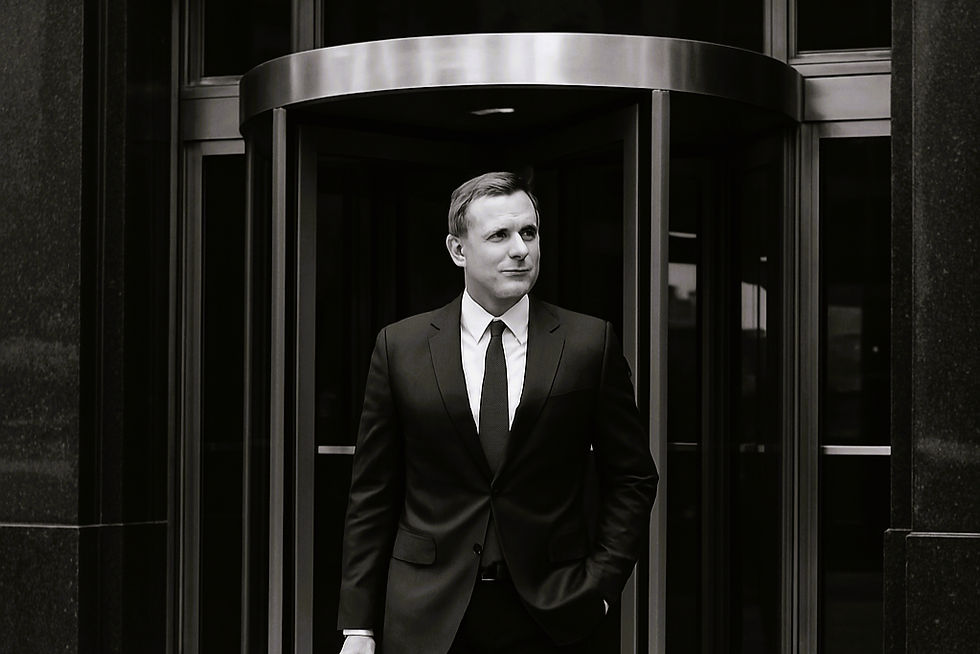Putting the "due" in due diligence
- Alex Leslie

- Jun 26, 2023
- 2 min read
Financial institutions that did business with Jeffrey Epstein are reportedly braced for a flood of lawsuits from his alleged victims, according to the Financial Times.
By now, the potential damage of association with Epstein is universally recognised. But the regularity with which such wealthy and criminally minded figures explode into the public consciousness is notable -– just type ‘disgraced tycoon’ into Google – and poses challenges for financial institutions that take on high-profile clients. How much due diligence should they conduct and how should they go about it?
A cynic might argue that, prior to his 2008 conviction, a review of Epstein’s public profile would have revealed little trace of his criminal behaviours. Epstein sought to make many of his peers and associates complicit in his world, creating a strong incentive for them to protect him. Meanwhile, as we are now discovering, his victims knew he had done wrong but felt powerless to seek redress.
Yet these factors should be arguments in favour of a more detailed and through due diligence strategy, not an excuse for failing to ask the right questions. In particular, a willingness to take regular discreet soundings from peers in the business world might have made a difference. This is a process that should have been repeated regularly in order to maximise institutions’ ability to identify bad behaviours as they emerged.
Discreet referencing is a relatively straightforward and typically involves instructing a third party agency (such as Hopehead) to conduct a series of arms-length, off-the-record interviews with sources who move and operate in the same milieu as the subject. It is a practice that has been widespread for many years among investors and financial institutions entering into a new business relationship. It is of particular value in piercing the controlled public persona of a high profile individual and identifying where future risks may lie.
Our experience after many years of conducting such interviews is that that hints of Epstein’s bad habits would almost certainly have emerged, given a sufficiently thorough and focused effort to understand his background and behaviour. The behaviour of actors such as Epstein evolve and become more extreme as they gain greater power and access, thereby increasing the risk to counterparties. At the same time, concern about their behaviour can become more widely known., making timely risk mitigation more realistic.
Financial institutions that deal with high-profile and wealthy clients should regard the Epstein affair as a warning signal to reassess how they manage the risks in these relationships. Now that liability seems to be linked to the financial scale of the relationship as well as the crimes of the individual, it follows that the amount of scrutiny to which the client is subjected should reflect that increased liability.




Comments